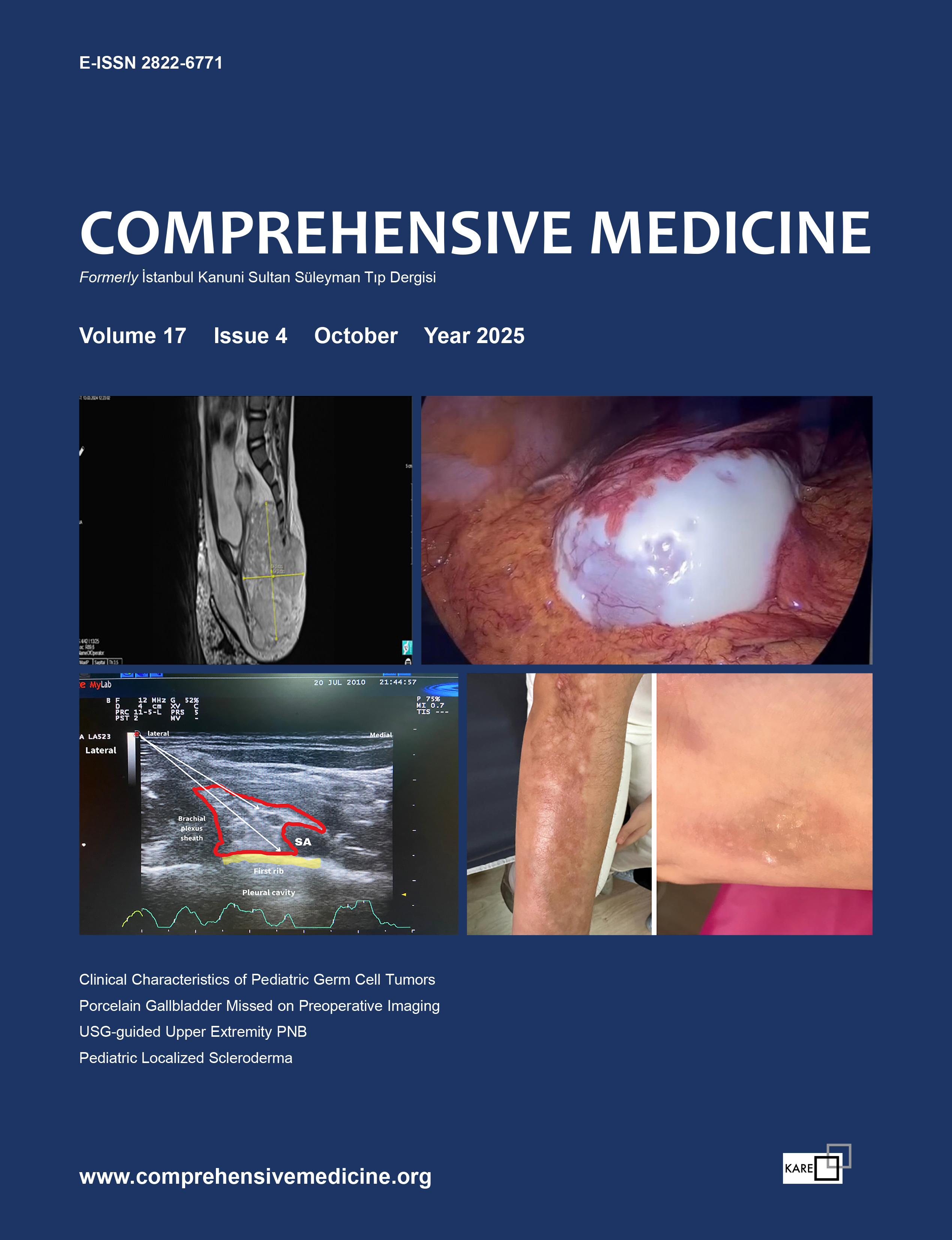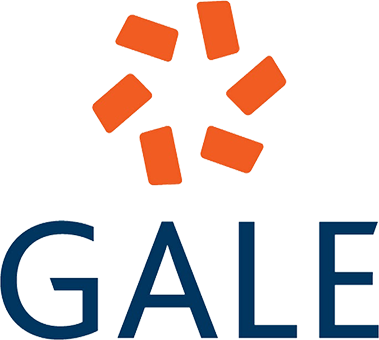Intern Physicians' Thoughts About Cardiology Training and Examination of Diagnosis and Treatment Adequacy in Cardiovascular Emergencies
Emrah Özdemir1, Ceyla Zeynep Çolakoğlu Gevher21Department of Cardiology, Biruni University Faculty of Medicine, İstanbul, Türkiye2Department of Cardiology, University of Health Sciences, Kanuni Sultan Süleyman Training and Research Hospital, İstanbul, Türkiye
INTRODUCTION: Cardiovascular diseases (CVD) are the number one cause of death globally. Emergency cases related to CVDs have an important place among all emergency applications. This study was conducted to determine the competencies of intern physicians studying at the Faculty of Medicine in the Republic of Türkiye regarding their perspective on cardiology education and expertise, their ability to diagnose and treat cardiovascular emergencies and their ability to manage these emergency cases.
METHODS: The study included 286 intern physicians, 149 of whom were women (52.1%) and 137 of whom were men (47.9%), who completed the survey sent to social messaging programs. Physicians were asked about the adequacy of the education at the medical schools they attended and case questions regarding cardiovascular emergencies, including basic biochemical and radiological imaging methods, and their answers were recorded.
RESULTS: The average age of the intern physicians participating in the study was found to be 24.1±1.3 years. In questions regarding medical and specialty education, only 57% of intern physicians stated that they received adequate medical education, and 76.6% stated that the Covid-19 pandemic affected their medical education. The part that physicians are most hesitant about making the correct diagnosis and applying treatment in cardiovascular emergencies is medication administration.
DISCUSSION AND CONCLUSION: Intern physicians should be given basic training on the correct approach to cardiovascular emergencies, both during their medical education and in workshops after graduation.
Keywords: Cardiovascular, emergency, intern, physician
İntern Hekimlerin Kardiyoloji Eğitimi ile İlgili Düşünceleri ve Kardiyovasküler Acil Durumlarda Tanı ve Tedavi Yeterliliğinin İncelenmesi
Emrah Özdemir1, Ceyla Zeynep Çolakoğlu Gevher21Biruni Üniversitesi Tıp Fakültesi, Kardiyoloji Anabilim Dalı, İstanbul2Sağlık Bilimleri Üniversitesi, Kanuni Sultan Süleyman Eğitim ve Araştırma Hastanesi, İstanbul
GİRİŞ ve AMAÇ: Kardiyovasküler hastalıklar (KVH), küresel düzeyde bir numaralı ölüm sebebini oluşturmaktadır. KVH’lara bağlı acil vakalar, tüm acil başvuruları içerisinde önemli yer tutmaktadır. Bu çalışma Türkiye Cumhuriyetindeki Tıp Fakültelerinde eğitim gören intern hekimlerin, kardiyoloji eğitimi ve uzmanlığına bakışı, kardiyovasküler acillerin tanısını koyabilme, tedavisini yapabilme, bu acil vakaları yönetebilme becerileriyle alakalı yeterliliklerini saptamak amacıyla yapılmıştır.
YÖNTEM ve GEREÇLER: Çalışmaya sosyal mesajlaşma programlarına gönderilen anketi dolduran 149’u kadın (%52,1) 137’si erkek (%47,9) 286 intern hekim dahil edilmiştir. Hekimlere okudukları tıp fakültelerindeki eğitimin yeterliliği, kardiyovasküler aciller ile alakalı içerisinde temel biyokimyasal ve radyolojik görüntüleme yöntemlerinin de olduğu vaka soruları sorulmuş ve cevaplar kaydedilmiştir.
BULGULAR: Çalışmaya katılan intörn hekimlerin yaş ortalaması 24.1±1.3 yıl olarak bulunmuştur. Tıp ve uzmanlık eğitimi ile ilgili sorularda intern hekimlerin yalnızca %57’si yeterli düzeyde tıp eğitim aldıklarını, %76.6’sı ise yaşanılan Covid-19 pandemisinin tıp eğitimlerini etkilediğini belirtmiştir. Hekimlerin kardiyovasküler acillerde doğru tanıyı koyup tedaviyi uygulamada en çekindikleri kısım ise ilaç uygulamaları olmuştur.
TARTIŞMA ve SONUÇ: İntern hekimlere gerek tıp eğitimleri boyunca gerekse mezuniyet sonrası yapılan eğitimlerle kardiyovasküler acillere doğru yaklaşım ile ilgili temel eğitimler verilmelidir.
Anahtar Kelimeler: Kardiyovasküler, acil, intern, hekim
Manuscript Language: English






















